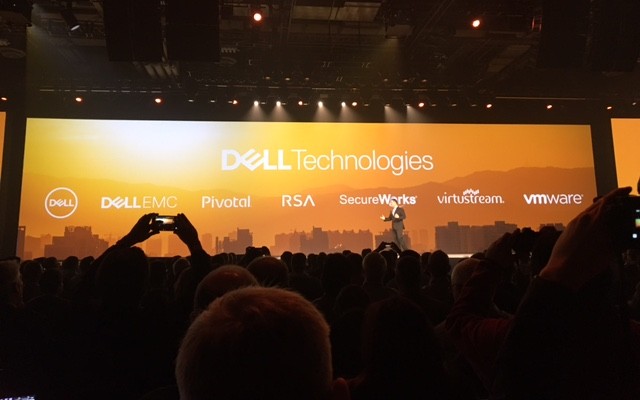New Dell IoT Division to Push Distributed Core Technology Strategy

Dell Technologies will invest $1 billion in IoT product and service development efforts
Now the company is aiming at what officials are calling the IoT distributed core. The industry over the past 50 years has swung from centralized computer architectures based on mainframes to distributed client/server systems and now back to centralized compute resources.
With the IoT, the pendulum is swinging back to distributed environments. With all the data being generated by these devices, sensors and systems along with the demand to reduce costs and latency there is a need is to bring the infrastructure, analytics, security, AI and machine learning out to the network edge. Because that’s where the data can be processed in real time, analyzed and acted upon rather than sent back to the cloud or to a central data center.
New division
The new IoT Division will be led by VMware Executive Vice President and CTO Ray O’Farrell. He will be responsible for developing IoT products and services as well as combining the Dell-developed systems with those of partners.
Those Dell products include the PowerEdge C-Series servers that contain support for batch training and machine learning for the distributed core. Others such as Isilon and Elastic Cloud Storage, Pivotal Cloud Foundry and Pivotal Container Service support cloud-based analytics applications.
Dell officials also unveiled several IoT-related software projects that are underway. Nautilus is aimed at enabling the real-time gathering and querying of data streams from IoT gateways. Meanwhile Fire is a hyperconverged platform that is part of the VMware Pulse lineup that will offer simplified management and local compute, storage and IoT applications such as real-time analytics. RSA Labs is developing Iris, which is a system aimed at bringing security to the edge. Worldwide Herd focuses on running analytics on dispersed data sets.
In addition, the company is investing in smaller companies, including FogHorn Systems, which is bringing analytics, AI and machine learning to the edge, ZingBox, which provides machine learning-based security at the edge and GraphCore and Edico Genome, which leverage machine learning and AI in new processor technologies.
Dell officials said the breadth and scale of the company since buying EMC last year for more than $60 billion and the fact that it is a private company that can more easily make investments in such forward-looking technologies is an advantage Dell has over such rivals as Hewlett Packard Enterprise and IBM. Charles King, principal analyst with Pund-IT, told eWEEKthat Dell is playing to its strengths with the IoT strategy.
“They’ve got a really great story on IoT that captures the essence of what a lot of other [competitors are saying], but they’ve put a spin on it that is decidedly focused on Dell’s own expectations and portfolio,” King said. Unlike HPE or IBM, Dell still has a strong endpoint business. “It’s hard to make an IoT play without some kind of endpoint. Dell is in a good position to do that,” King said.
Originally published on eWeek